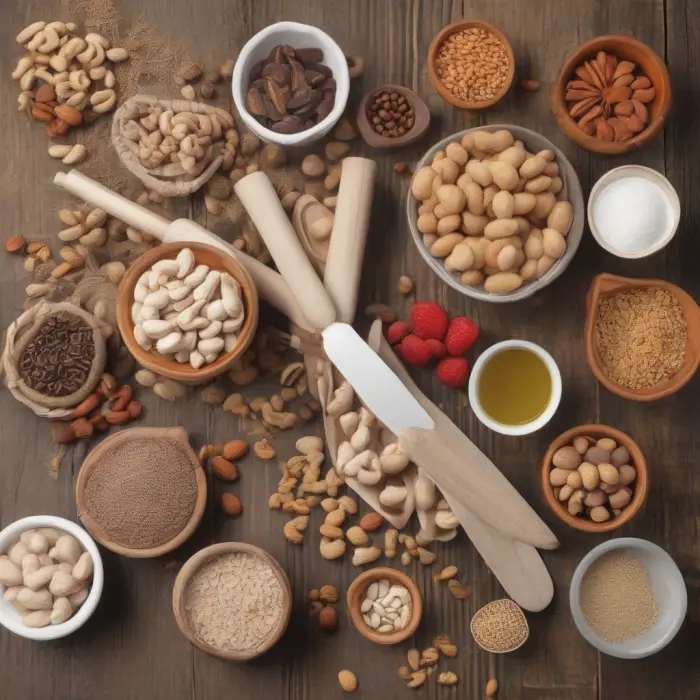The Role of Probiotics in Gut Health and Digestive Harmony
Probiotics are living microorganisms that have numerous health benefits, particularly for the digestive system.
Understanding Probiotics
In simple terms, probiotics are beneficial bacteria that contribute to a healthy gut microbiome. This microbiome is a complex environment where trillions of microorganisms coexist. Among these organisms, some are beneficial for human health, while others, if allowed to proliferate unchecked, could cause disease. The role of probiotics is to keep this delicate balance in check, ensuring the body's overall health and well-being.
How Probiotics Support Gut Health
Probiotics are essential for promoting and maintaining gut health in several ways. They protect the intestinal lining by fighting off harmful microbes, boost the body’s immune response, and take part in nutrient absorption. Furthermore, certain types of probiotics can help break down indigestible fibers that the body can't process on its own and transform them into beneficial compounds, such as short-chain fatty acids.
The Connection between Probiotics and Digestive Harmony
The presence of probiotics in the gut plays a crucial role in ensuring digestive harmony. When there is a balanced mix of microbiota in the gastrointestinal tract, the digestion process occurs smoothly and efficiently. Probiotics can aid digestion by helping breakdown food particles and enhance the absorption of nutrients.
Probiotics’ Role in Alleviating Digestive Disorders
Frequently, issues like bloating, constipation, diarrhea, or irritable bowel syndrome (IBS) can occur when there is an imbalance in the gut microbiome. Here, probiotics can bring relief. Various strains of probiotics have shown to help manage the symptoms of digestive disorders, reduce inflammation, and restore harmony in the gut ecosystem.
Incorporating Probiotics into Your Diet
Adding probiotics to your diet can be achieved through both foods and supplements. Good sources of probiotics include fermented foods like yogurt, sauerkraut, kefir, and kimchi. You can also get probiotics through supplements, which can be an excellent way to ensure you're getting a varied and sufficient quantity of these beneficial bacteria.
Key Takeaway
The role of probiotics in gut health and digestive harmony is pivotal. They help maintain a balanced gut microbiome, aid digestion, and may alleviate the symptoms of various digestive disorders. Ensuring you regularly consume foods rich in probiotics or take a probiotic supplement can significantly contribute to your overall gut health, promoting overall body health and well-being.










